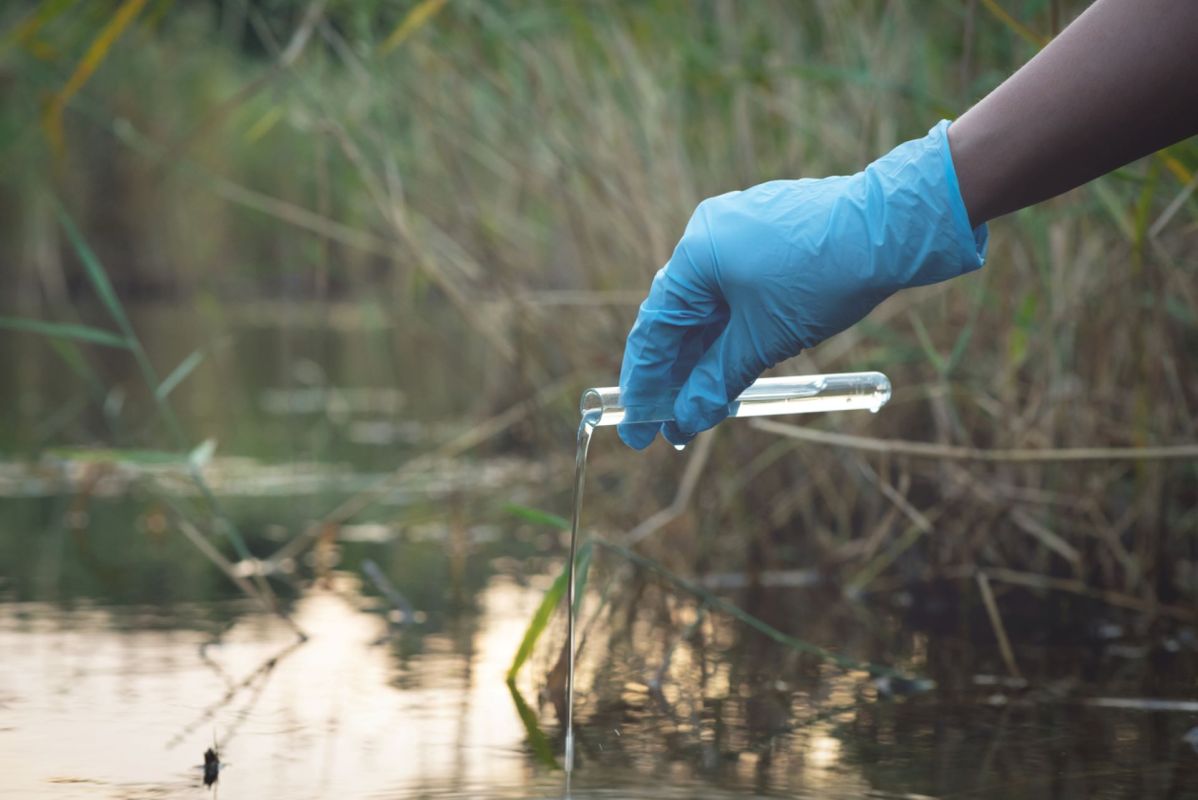A research and development project is underway that may help protect residents of the United Kingdom from encountering contaminated water.
According to the Chartered Institution of Water and Environmental Management (CIWEM), the initiative was created by IT giant CGI and is known as SEEDS. It already has an outstanding predictive accuracy rate of 91.5%.
"The technology can help government, local authorities, and water companies identify where improvements need to be made to surface-water drainage, where to increase storage capacity, and find ways to divert rain back to the environment naturally," CIWEM wrote.
To do this, SEEDS, which stands for "Sustainability Exploration Environmental Data Science," uses a combination of data from satellites, global navigation systems, and historical records to identify sewage pollution events and their impacts downstream.
The satellite data can track changes over time, while the mapping data helps to predict places that have an increased risk of sewage overflows after rainstorms.
CIWEM noted the findings were first published in The Environment magazine last summer.
The news comes as the UK, like other parts of the world, has been grappling with an uptick in the number of severe storms and flooding linked to changing global temperatures — as well as the aftereffects of such events.
Citing data from the Environment Agency, CIWEM wrote that "there were more than 770,000 raw sewage discharges into the ocean and rivers around the UK" in 2020 and 2021, and an outdated infrastructure made it difficult to accurately monitor spillages, hindering cleanup efforts.
In addition to containing illness-causing bacteria, sewage can throw off the balance of an ecosystem, leading at times to algae blooms in rivers that suffocate fish, insects, and other organisms, as detailed by the UK's Natural History Museum.
Some of the blooms are also toxic to humans.
Researchers are hopeful that SEEDS will lead to early warning systems for water sources in the UK, as well as help water companies guard against overflows due to storms and give greater insight into potential nature-based solutions.
There are similar satellite projects that have already experienced success, including a methane-tracking initiative from intelligence company Kayrros, and if all goes well with real-world testing, the SEEDS project could expand outside of the UK.
"Following a successful first phase of the project … we are excited to launch this second phase, which provides an innovative and proactive approach to environmental management and nature protection," Mattie Yeta, the UK's Chief Sustainability Officer for CGI, said in a press release published by Directions Mag in May.
"The solution will benefit farmers, governments, water companies, and other stakeholders by protecting our water from pollution and contamination," Yeta added.
Join our free newsletter for weekly updates on the coolest innovations improving our lives and saving our planet.









